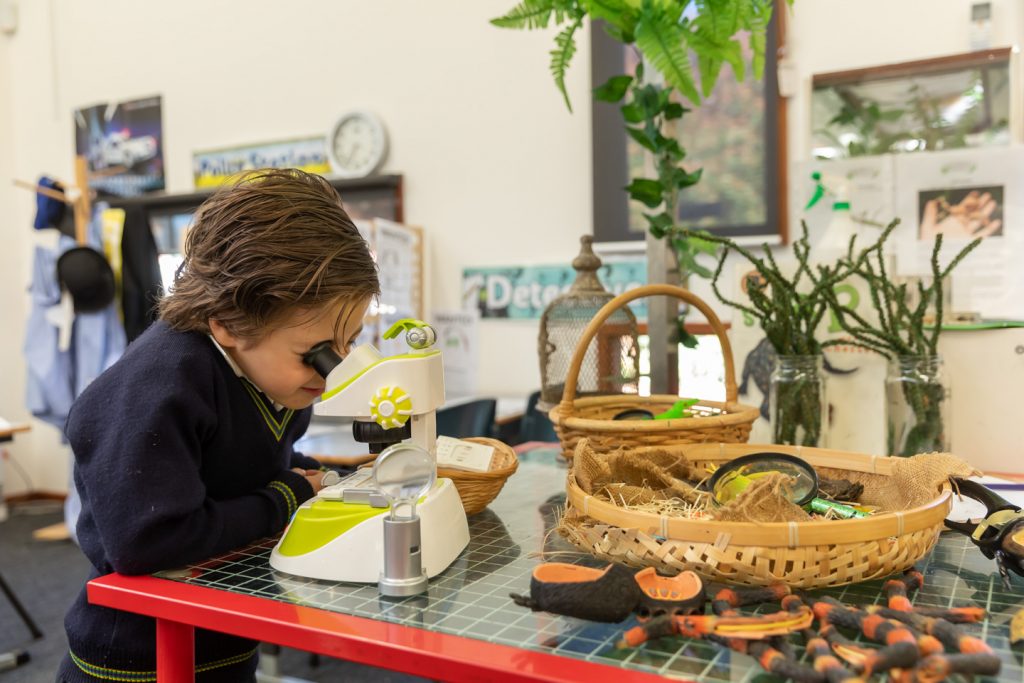Science provides an empirical way of answering interesting and important questions about the biological, physical and technological world.
Science is a dynamic, collaborative and creative human endeavour arising from our desire to make sense of our world by exploring the unknown, investigating universal mysteries, making predictions and solving problems. Science knowledge is contestable and is revised, refined and extended as new evidence arises.
The Science curriculum provides opportunities for students to develop an understanding of important scientific concepts and processes, the practices used to develop scientific knowledge, the contribution of science to our culture and society, and its applications in our lives. The curriculum supports students to develop the scientific knowledge, understandings and skills to make informed decisions about local, national and global issues and to participate, if they so wish, in science-related careers.
In addition to its practical applications, learning science is a valuable pursuit in its own right. Students can experience the joy of scientific discovery and nurture their natural curiosity about the world around them. In doing this, they develop critical and creative thinking skills and challenge themselves to identify questions, apply new knowledge, explain science phenomena and draw evidence-based conclusions using scientific methods.

The Science curriculum aims to ensure that students develop:
- an interest in science as a means of expanding their curiosity and willingness to explore, ask questions about and speculate on the changing world in which they live
- an understanding of the vision that science provides of the nature of living things, of the Earth and its place in the cosmos, and of the physical and chemical processes that explain the behaviour of all material things
- an understanding of the nature of scientific inquiry and the ability to use a range of scientific inquiry methods, including questioning, planning and conducting experiments and investigations based on ethical principles, collecting and analysing data, evaluating results, and drawing critical, evidence-based conclusions
- an ability to communicate scientific understanding and findings to a range of audiences, to justify ideas on the basis of evidence, and to evaluate and debate scientific arguments and claims
- an ability to solve problems and make informed, evidence-based decisions about current and future applications of science while taking into account ethical and social implications of decisions
- an understanding of historical and cultural contributions to science as well as contemporary science issues and activities and an understanding of the diversity of careers related to science
- a solid foundation of knowledge of the biological, chemical, physical, Earth and space sciences
